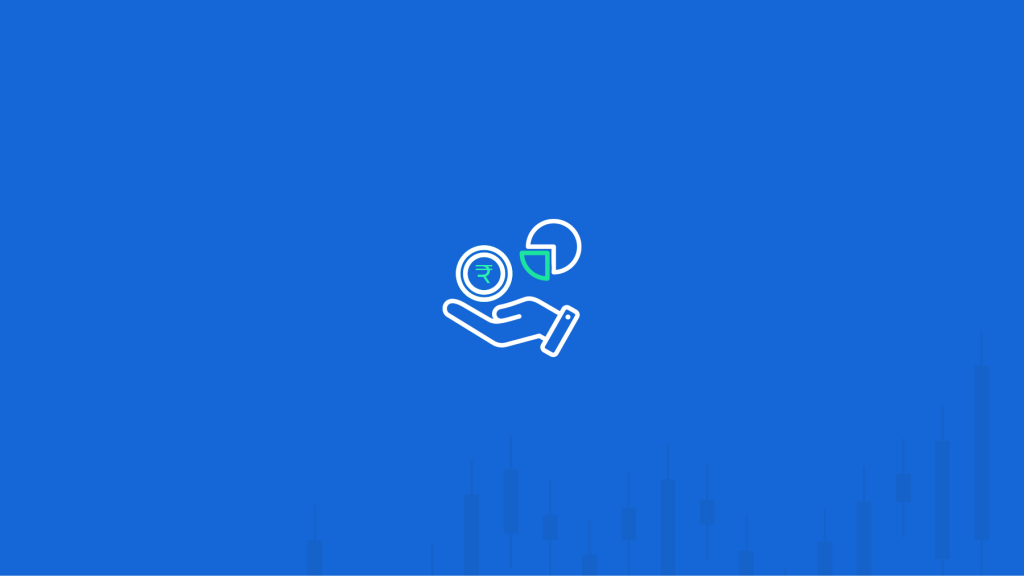Have you heard of a company’s share buyback and wondered if that is good or bad for investors? If you have not yet received the answer, this article of how do shareholders benefit from share buybacks, you should not miss. Today, we cover everything you must know about share buyback.
What are share buybacks?
Share buybacks, also known as stock repurchases, are a common practice where companies use their cash reserves to buy back their own outstanding shares from the market. It can have a significant impact on a company’s financial health and on the value of its remaining shares held by investors, i.e., the shareholders.
Recent Examples
Here are a few examples from May. These examples will help you understand the different terms associated with share buyback:
- Ajanta Pharma: The company announced a Rs 285 crore share buyback on May 2nd, 2024. It will be conducted through a tender offer, allowing shareholders to tender their shares at a predetermined price. The buyback price is Rs 2,770 per share, which represents a premium of 16% over the previous closing price.
- Bajaj Consumer Care: They announced a Rs 57.41 crore share buyback on May 8th, 2024, also through a tender offer.
Potential Benefits for Shareholders
Whenever a share buyback happens, here are some benefits for shareholders:
Increased Earnings Per Share (EPS): When a company repurchases shares, the total number of outstanding shares in circulation decreases. This, in turn, mathematically increases the earnings per share (EPS), a key financial metric used to assess a company’s profitability. A higher EPS can make the company’s stock more attractive to investors.
Boosting Stock Price: Buybacks can signal confidence in a company’s future prospects from management. It can lead to increased investor demand for the remaining shares, potentially driving up the stock price.
Enhanced Return on Equity (ROE): Return on Equity (ROE) measures how efficiently a company uses its shareholders’ equity to generate profits. A share buyback reduces the denominator (shareholder equity) in the ROE calculation, potentially leading to a higher ROE. A stronger ROE can also improve investor sentiment.
Increased Shareholder Value: By potentially boosting stock price and EPS, buybacks can create value for existing shareholders. It can be particularly beneficial for long-term investors looking to maximize their returns.
Efficient Use of Excess Cash: Companies with significant cash reserves might use buybacks to return excess capital to shareholders rather than reinvest it in uncertain ventures. It can be seen as a way to directly reward shareholders for their investment.
Defense Against Takeovers: A large-scale share buyback can increase a company’s ownership stake, making it more expensive for a potential acquirer to take over the company. This can benefit shareholders by protecting their investment and potentially leading to a higher buyout price if a takeover does occur.
Potential Drawbacks of Buybacks
Here are a few drawbacks of share buybacks:
Reduced Investment in Growth: Funds used for buybacks could have been allocated towards research and development, capital expenditures, or acquisitions that might have fueled future growth, which potentially hindered the company’s long-term prospects.
Artificially Inflated Stock Prices: Buybacks can sometimes lead to a short-term boost in stock price that isn’t necessarily supported by the company’s underlying fundamentals. It can create a bubble that might eventually burst, leading to losses for shareholders.
Increased Debt: Companies may resort to borrowing money to finance share buybacks, which can increase their debt burden. It can make the company financially riskier and potentially limit its ability to invest in future opportunities.
Impact on Employees and Innovation: A focus on short-term gains through buybacks might lead to cost-cutting measures that impact employee morale and innovation. It can ultimately harm the company’s long-term performance.
Income Inequality: Share buybacks primarily benefit existing shareholders, who tend to be wealthier individuals. It can exacerbate income inequality and raise concerns about short-term financial engineering over long-term value creation.
Making an Informed Decision: Are Buybacks Right for You?
The impact of share buybacks on shareholders depends on various factors, including the company’s financial health, its future growth prospects, and the overall market environment. Here are some key considerations for investors:
- Analyze the Company’s Rationale: Understand why the company is conducting a share buyback. Is it a sign of confidence in the future or a way to manipulate stock prices?
- Evaluate Long-Term Strategy: Look beyond the immediate boost in EPS and consider if the buyback hinders the company’s ability to invest in its future growth.
- Consider Alternatives: Companies can return value to shareholders through other means, such as dividends or investments in research and development. Evaluate if buybacks are the most effective way to generate long-term value.
Before you go
Share buybacks are a complex financial strategy with both potential benefits and drawbacks for shareholders. Carefully analyze the situation and conduct thorough research before making investment decisions based on buybacks. If you are unsure about your investment decisions, you can explore Jarvis Invest and let technology handle your investment, while you take care of other things in life.
